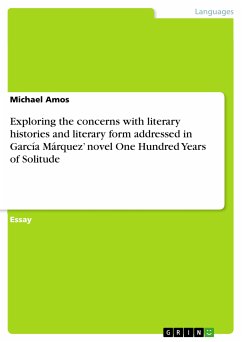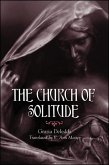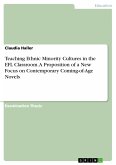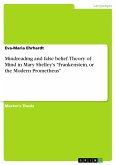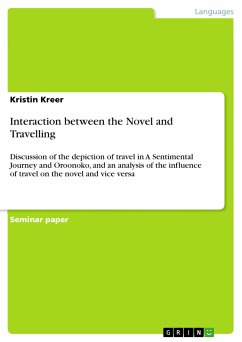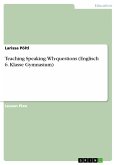Essay from the year 2016 in the subject Didactics for the subject English - Literature, Works, grade: 2:1, Falmouth University, course: Millennium, language: English, abstract: This essay will explore García Márquez’ novel One Hundred Years of Solitude (1967) and the concerns it raises with literary histories and forms such as realism. I will be exploring the concerns aimed at literary histories which provide a version of reality that acts as a true representation while displaying only a version or subjective viewpoint of the world. First, this essay will place the text within the context of the New Novel in Latin America as a response to Post-Colonialism, and then as a magical realist novel which comes to questions forms of representation of reality. Amaryll Chanady in her work on the territorialisation of the imaginary in Latin America, makes a clear distinction between the fantastic and magical realism: ‘the magical realist writer “does not need to justify the mysterious nature of events, as the writer of fantastic stories has to. In fantastic literature the supernatural invades the world ruled by reason”.’ In fact, it is its matter-of-fact narrative which describes in great detail the everyday lives of the people of Macondo, despite the interweaving of the fantastical that allows for the text to question the realist form. By analyzing Márquez’ distortion of time and space, in connection to Eva Aldea’s essay on magical realism and Deleuze, I will argue that the text has the ability to display signs not as representations of reality, but as real in and of themselves. Through the analysis of the carnivalesque with David K. Danow and play and playfulness within the novel with Enrique A. Giordano, I will argue towards the text’s ability to embrace both the realist and the fantastic forms fully, embracing both within the limits of each other. Finally, by exploring the character Melquiades I will argue that the narrative in the form of the manuscript, is a force which not only subvert the realist form but also transcends it. Eva Aldea argues that ‘Thus One Hundred Years of Solitude takes us through a kind of apprenticeship of signs, from the illusory referentiality of realism,’ to ‘the essential signs of art which reveal the structure of reality itself’ and therefore this essay will aim to analyze the novel’s signs in an attempt to capture the concerns it raises in connection to literary histories and forms.
Bitte wählen Sie Ihr Anliegen aus.
Rechnungen
Retourenschein anfordern
Bestellstatus
Storno

